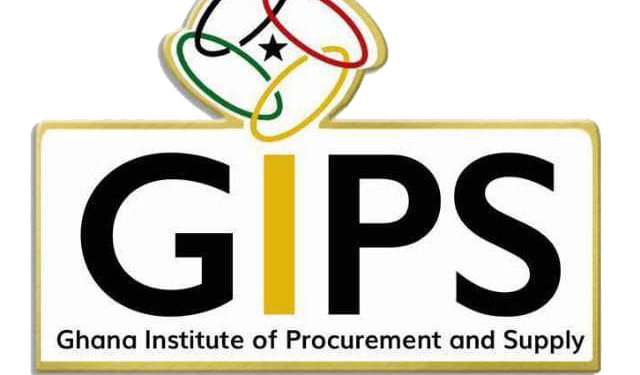GIPS Warn of Galamsey’s Threat to Sustainable Procurement and Supply Chains
Illegal mining, commonly known as “galamsey,” poses a profound threat to sustainable procurement and supply chain development in Ghana, according to the Ghana Institute of Procurement and Supply (GIPS).
As the country grapples with rising environmental degradation, the institute has voiced alarm over the far-reaching consequences of unchecked galamsey operations.
The destruction caused by these illicit activities has significant implications for Ghana’s economy and its ability to manage resources sustainably. Water bodies are being polluted, forests ravaged, and fertile farmlands destroyed—jeopardizing industries that rely on natural resources, including agriculture, fisheries, and forestry.
This, in turn, threatens supply chains dependent on the availability of clean water, healthy ecosystems, and untainted raw materials.
In a statement, GIPS underscored the urgent need for collaboration across government agencies, corporate entities, and civil society to address the growing crisis. The institute stressed that sustainable procurement is not merely a policy but a shared responsibility critical to ensuring the long-term health of the nation’s economy and environment. Without decisive action, galamsey could leave lasting scars on both Ghana’s ecological landscape and its economic future.
The institute has therefore called for stricter enforcement of environmental regulations and stronger penalties for those involved in illegal mining operations.
“The fight against “galamsey” is not the responsibility of only the Government. We, as citizens, are equally responsible and must do whatever we can to support the government’s fight against this dangerous scourge, which, if not contained, can have serious consequences for future generations,” said the GIPS.
As Ghana positions itself for long-term growth, the battle against galamsey will be crucial. Failure to address the issue risks not only environmental catastrophe but also undermines the country’s ability to develop resilient, sustainable procurement and supply chains.








